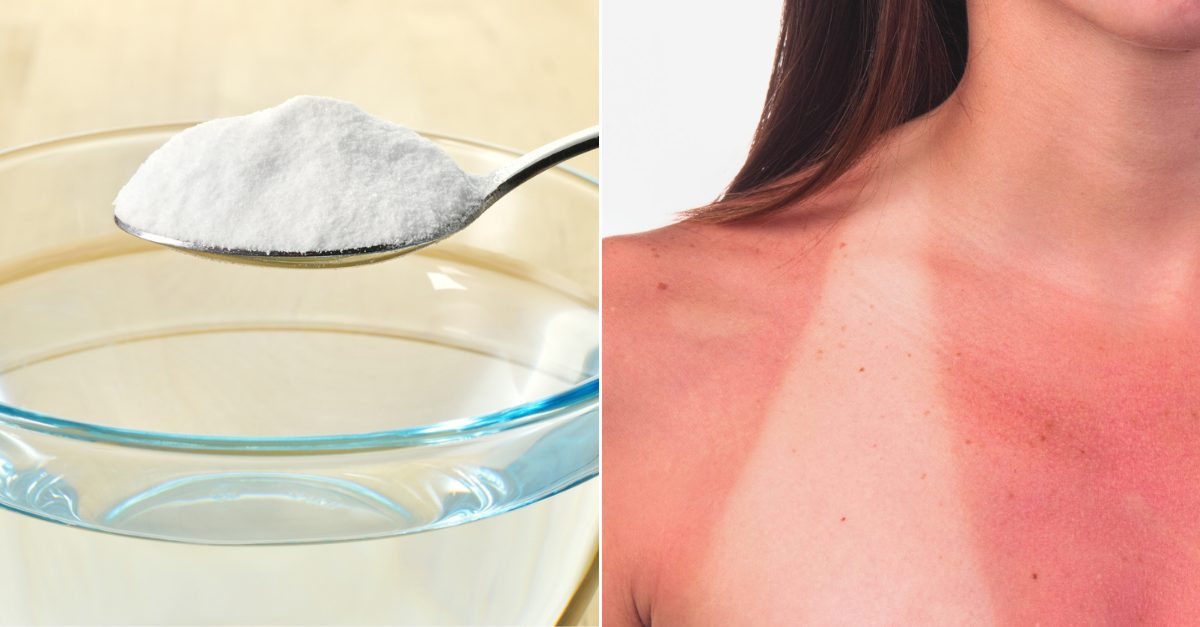How to Use Baking Soda In The Kitchen: 8 Tricks You Wouldn’t Expect!
Baking soda is one of those products that can never be missing from your home. Always used to aid digestion, it is much more versatile than that: it is used to clean foods, aid leavening, eliminate acidity from some preparations. Here are 8 uses of baking soda in the kitchen that you would not expect.
;Resize,width=742;)
Baking soda is a product that has always found a place in the pantry, especially thanks to its digestive functions. Who has never put a pinch of baking soda in a glass of water to relieve a heavy stomach? In reality, baking soda can be used in many different ways in the kitchen: we will tell you about 8 unusual but very useful uses of baking soda.
1. Make Legumes Softer and More Digestible

Legumes are difficult to cook and often cause digestion problems. What can you do to avoid this? Just add a pinch of baking soda to the cooking water to make them softer without breaking them apart, but also to make them less heavy to digest. The right proportion is half a teaspoon for every two liters of water: using baking soda during cooking does not affect the final flavor of the legumes.
2. Always Get Soft and Well-Leavened Cakes

Baking soda itself is not a leavening agent, but when it comes into contact with another acidic ingredient, such as lemon juice, it can facilitate leavening. You can therefore use it to make cakes, muffins, and donuts softer and more airy. But baking soda is also used to make shortcrust pastry crispier and more crumbly: in this case too, just a pinch is enough to add to the dough.
3. Sweeten Your Tomato Puree

A method that is often used in the regions of Southern Italy to make tomato puree less acidic: add a pinch of baking soda during cooking. When the tomatoes used are not very sweet or are a little over the maximum time, it can happen that the puree is "angular": but you have baking soda to fix it. This also applies to jams made from acidic fruit, such as red fruits: to sweeten them, just add 1 teaspoon of baking soda during cooking for every 1.5 kg of fruit.
4. Wash The Vegetables

Bicarbonate has a light antiseptic function: you can use it to wash vegetables and greens. In particular, to clean those that come into contact with the ground, such as potatoes and carrots, it is useful to leave them to soak for a couple of minutes in warm water and bicarbonate.
5. Obtain a Soft and Tasty Boiled Meat

Boiling is not easy and often the result is not what you expect. Much depends on the cooking of the meat, which if not done properly, becomes stringy and difficult to chew. But baking soda can save you from disaster: to have softer meat just add half a teaspoon per liter of water at the beginning of cooking.
6. Make a Fizzy Lemonade

To make a fresh and slightly fizzy lemonade, just add 2 teaspoons of baking soda to a liter of water and lemon. Put it in the refrigerator for a few hours and then offer it to children and adults: it will be a real success.
7. Reduce the Unpleasant Smell of Vegetables and Greens

Foods like cabbage, cauliflower and turnips are very important to include in your daily diet, especially in winter, when they are in season. But you may not be able to stand their smell, especially when cooking: to reduce their unpleasant smell, just add 2 teaspoons of baking soda to every liter of water.
8. Whip Egg Whites Until They're Stiff

One of the most difficult operations when cooking a dessert is whipping the egg whites until stiff and preventing them from collapsing during preparation. Don't worry: baking soda comes to your rescue. By adding a pinch while beating the whites, you will obtain perfectly whipped egg whites in no time.
;Resize,width=767;)


;Resize,width=712;)
